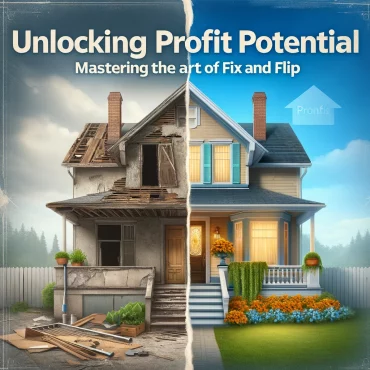
Borrowing a mortgage is a cornerstone of homeownership, but it comes with significant responsibilities. Despite lenders’ meticulous evaluations, defaults remain a persistent concern for many borrowers.
What Is a Mortgage Default?
At its core, a mortgage default occurs when borrowers fail to adhere to the agreed-upon terms of their loan agreement. This often manifests as missed monthly payments, but it can also extend to neglecting property taxes or insurance obligations.
Understanding the Default Process
Once a borrower enters default, lenders have various options at their disposal. Initially, they may allow borrowers to rectify the situation through methods such as curing the default or renegotiating the loan terms. However, if the default persists, lenders may initiate foreclosure proceedings, leading to potentially dire consequences for the borrower.
Consequences of Default: Risks and Impacts
The ramifications of defaulting on a mortgage are multifaceted and severe. Beyond the immediate risk of losing the property, borrowers face long-term repercussions such as significant damage to their credit scores and potential legal action from lenders.
Navigating the Foreclosure Process
The foreclosure process is a complex legal procedure that varies from state to state. It typically involves several stages, including default notices, trustee sales, and potential real estate owned (REO) sales. Each step presents unique challenges and opportunities for borrowers to mitigate the damage.
Impact on Real Estate Investors
For real estate investors, defaulting on a mortgage carries distinct implications. Beyond the immediate financial loss, investors may experience diminished creditworthiness, restricted access to future investment opportunities, and adverse effects on property values within their portfolio.
Tips to Avoid Defaulting
Preventing mortgage default requires proactive measures and careful financial management. Strategies such as making substantial down payments, maintaining open communication with lenders, and exploring alternative solutions like property sales can help borrowers avoid default.
Getting Out of Default: Options and Solutions
When facing default, borrowers must explore all available options to rectify the situation. This may include negotiating repayment plans, pursuing refinancing or loan modifications, considering short sales, or requesting forbearance from lenders. Each option comes with its own set of advantages and considerations, underscoring the importance of informed decision-making.
Navigating mortgage default is a daunting prospect, but with proper understanding and proactive measures, borrowers can mitigate its impact. By staying informed, communicating effectively with lenders, and exploring viable solutions, borrowers can navigate this challenging terrain and safeguard their financial well-being.
Embark on your journey to real estate success today by exploring our upcoming events and immersing yourself in a community dedicated to education, growth, and prosperity.
Written by: ericcounts
Previous post

- 42
labelReal Estate todayFebruary 29, 2024
Unlocking Profit Potential: Mastering the Art of Fix and Flip
Flipping houses: it’s more than just a popular TV show concept; it’s a lucrative strategy in today’s real estate market. But success isn’t just about the renovation; it’s about finding [...]
Similar posts
labelReal Estate todayJuly 2, 2024
How to Achieve Steady Cash Flow on Your Remote Investment
Imagine receiving a $20,000 check to purchase a rental property. How about step-by-step guidance from some of the most experienced real estate investors in the industry? That’s exactly what the Dream Investment Adventure series is all about. Follow our contest winner, Joe, as he purchases an out-of-state rental property. With guidance from Steve Rozenberg, Head [...]

- 41
labelReal Estate todayJune 12, 2024
7 Common Questions New Real Estate Investors Ask and the Answers to Them
Copyright 2021 REIE.INFO






Post comments (0)